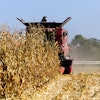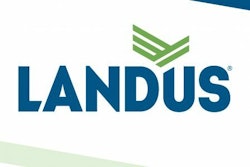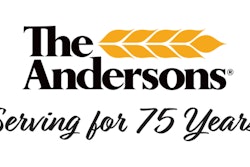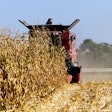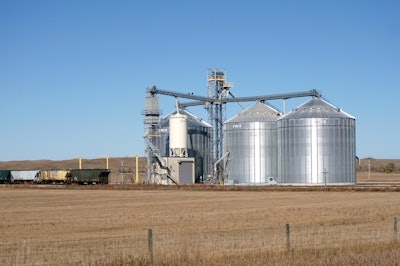
The Surface Transportation Board (STB) announced on May 6 that it will require all seven Class 1 railroads to send regular progress reports on service, operations and employment while the STB assesses the need for further action to help resolve the current problems.
In addition, BNSF Railway Co. (BNSF), CSX Transportation (CSX), Norfolk Southern Railway (NS), and Union Pacific Railroad (UP) are required to submit service recovery plans, progress reports, historical data, and participate in bi-weekly conference calls with STB staff.
These measures are meant to inform STB's assessment of further actions that may be warranted to address the acute service issues facing the rail industry and to promote industry-wide transparency, accountability and improvements in rail service.
Rail service issues for grain elevators highlighted at hearings
This decision follows extensive testimony on severe rail service issues reported by a wide range of witnesses — including agricultural, energy and other shippers, as well as government officials, rail labor, and rail experts — during STB’s April 26 and 27, 2022 public hearing in Urgent Issues in Freight Rail Service.
STB has also continued to review and monitor weekly rail service performance data, which indicate trends in deteriorating service.
The decision focuses on the adequacy of recovery efforts involving BNSF, CSX, Norfolk Southern Railway, and UP, and it requires more comprehensive and customer-centric reporting of all Class I railroads’ service metrics.
“Our freight rail service hearing highlighted the grave concerns of shippers and others regarding freight rail service,” said Chairman Martin J. Oberman.
Oberman said while the railroads have faced certain challenges over the last few years, the evidence produced during the hearing is overwhelming that the railroads’ longstanding practice of reducing operating ratios by cutting employment levels, mothballing locomotives, and eliminating other essential resources are the central reasons why farmers have been hours away from depopulating herds, manufacturing facilities have reduced operating hours, and shippers cannot get their products to market on time or receive essential raw materials for their companies.
"These failures are harming the nation’s economy and, in my view, are contributing to the inflationary forces affecting food and fuel in particular.”
Oberman said requiring additional reporting from railroads may not be the final result of the hearing on service issues.
"Today’s decision is an immediate step STB can take to enable needed monitoring of the improved efforts the railroads have been promising for months, and to determine if additional regulatory steps are necessary to promote reliable service," he concluded.
Grain industry reacts to decision
The National Grain and Feed Association (NGFA) applauded the STB for implementing reporting requirements.
“NGFA members continue to experience rail service issues in many areas of the country impacting feed availability for livestock, exports and processing facilities for food and fuel,” NGFA President and CEO Mike Seyfert said in response to STB’s announcement.
“The additional transparency should help STB with its oversight and help shippers and receivers more efficiently plan operations and more accurately gauge when contingency plans are needed.”
During his testimony Seyfert told STB members the costs to NGFA members due to lost revenue and additional freight expenses were estimated to be over $100 million in the first quarter of 2022.
“Since the STB hearing on April 26-27, we have heard from NGFA members of continuing, and in some cases worsening, rail service issues,” Seyfert continued. “Today’s announcement is an important first step to getting rail service back on track."
In addition to Seyfert’s testimony on April 26, NGFA urged STB to address inadequate rail service in a March 24 letter to Oberman and led another letter signed by members of the Agricultural Transportation Working Group on April 21 outlining several proposals to improve rail service.

